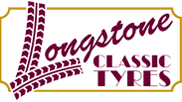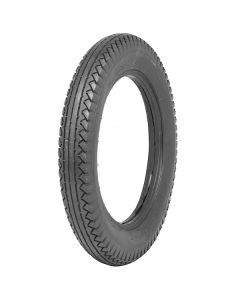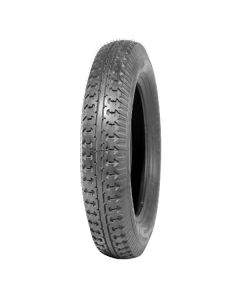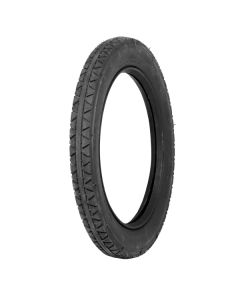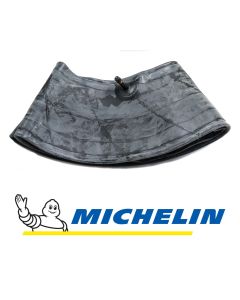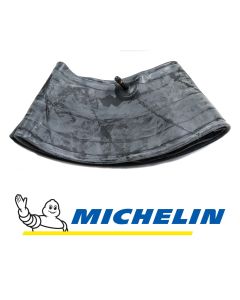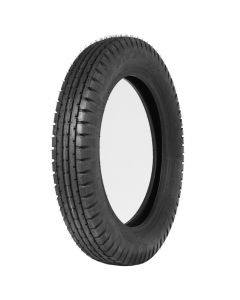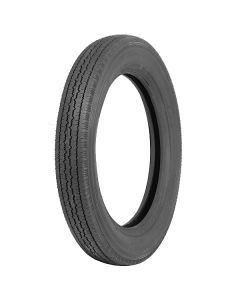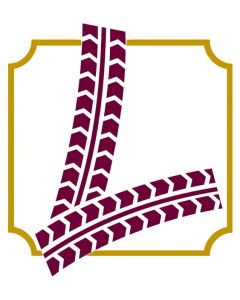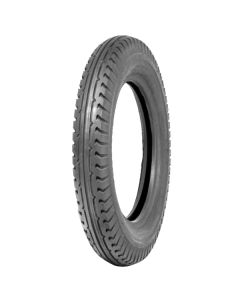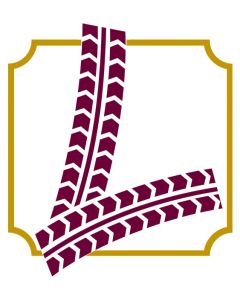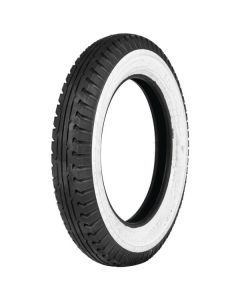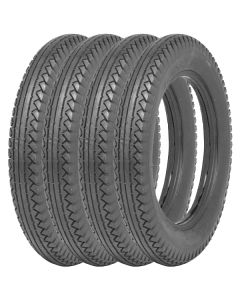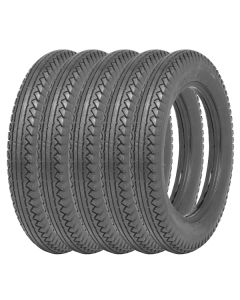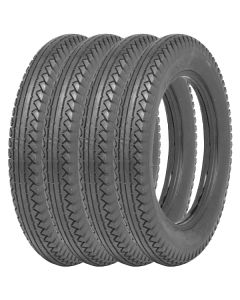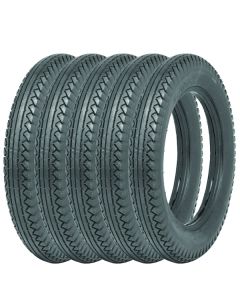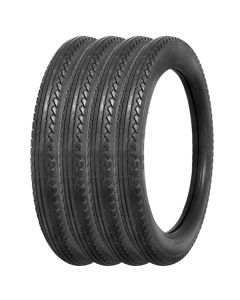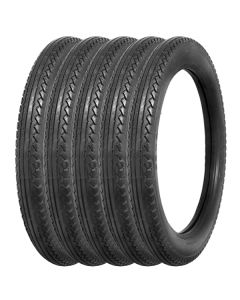Austin 12/4 Tyres
For 1921–1925 Austin 12 tourers we recommend the 765 x 105 Excelsior. For 1926–1928 early Heavy 12/4 we suggest the 4.40/4.50 x 21 Lucas. For 1928–1933 Austin 12/4 we suggest the 4.75/5.00 x 20 Lucas. For 1933–1939 Austin 12/4 we recommend the 4.75/5.00 x 19 Michelin D.R.
Austin 12-4 Tyres Explained
Austin Twelve Four 1921–1939
Throughout the mid to late 20's the Austin 12/4 fitted a 475x21 tyre. The majority of vintage tyres near this size are now called 440/450X21 because this was a very popular Ford Model A tyre and late Ford Model T, as a result there is plenty of choice and some good value vintage Austin tyres in this size.
Longstone vintage tyres presently would suggest that the Lucas tyre has a similarly good quality to the other vintage tyres in this size, but the price is extremely good and they have a very vintage appearance, making the Lucas the best option for those on a budget.
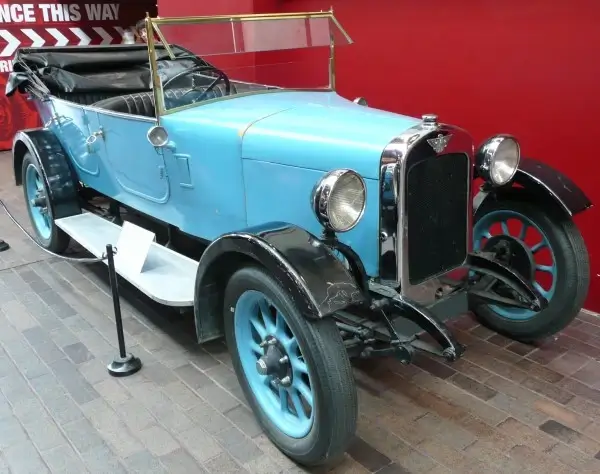
1928 Austin Clifton 12-4
1921–1928 Austin 12 Tyres
- The 1921–1925 Austin 12 tourers—including the Clifton, Chummy, Open Road/All-Weather, and Harley fitted 765 - 105 beaded-edge tyres.
- Our recommended 765 - 105 beaded edge Austin 12 Tourer tyre is the 765 x 105 Excelsior.
- The ideal innertube for 765 - 105 tyres is the Central Valve H/D Michelin Inner Tube 760X90 RET.
- The 1926–1928 early Heavy Twelve-Four models—including the Clifton tourer and Burnham, Berkeley, Westminster, and Windsor saloons fitted 440/450 - 21 tyres.
- Our recommended 440/450 - 21 early Twelve-Four tyre is the 4.40/4.50 x 21 Lucas.
- The 4.40/4.50 x 21 Firestone is also an excellent option in this size.
- The correct innertube for 440/450 - 21 tyres is the Michelin 20/21CD RET Offset Valve Inner Tube or the Long Central Valve Inner Tube 440-550x21, depending on your wheel type.
1928–1933 Austin 12/4 Tyres
- The late-1920s to early-1930s Heavy Twelve-Four saloons and tourers—including Burnham, Windsor, New Windsor, Burlington, Low Loading models, and taxi bodies fitted 475/500 - 20 tyres.
- Our recommended 475/500 - 20 tyre is the 4.75/5.00 x 20 Lucas.
- The ideal innertube for 475/500 - 20 tyres is the Michelin 20/21CD RET Offset Valve Inner Tube or the Long Central Valve Inner Tube 475-550X19/20, depending on your wheel type.

1934 Austin Light Twelve Four Harley
1933–1939 Austin 12/4 Tyres
- The 1933–1936 Light Twelve-Four range—including Harley and Ascot saloons, Eton two-seater, Colwyn cabriolet, and Open Road tourer fitted 475/500 - 19 tyres.
- The 1937–1939 Light Twelve-Four “New Ascot” and later saloon and tourer bodies also fitted 475/500-19 tyres.
- In this size, the ideal late Austin 12-4 tyre is the 4.75/5.00 x 19 Michelin D.R..
- The 4.75/5.00 x 19 Lucas is also a good option in this size, though the Michelin offers better performance overall.
- The ideal tube for 475/500-19 tyres is the Michelin 18/19CD RET Offset Valve Inner Tube or the Long Central Valve Inner Tube 475-550X19/20, depending on your wheel type.
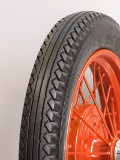
History of the Austin 12
The Austin 12 was introduced in 1921 by the Austin Motor Company. It was the second of Herbert Austin's post-World War I models, and it was essentially a smaller version of the 20. The Austin 12 was initially available as a Tourer, but by 1922, three body styles were created: the four-seat tourer, the two/four-seater, and the coupé. Austin's 12/4 was popular throughout the vintage era, with annual sales reaching 14,000 in 1927.
While the mechanical specifications of the Austin 12/4 changed only a little (the engine increased from 1661cc to 1861cc in 1926), a variety of body styles were available, with saloons becoming increasingly popular as the twenties came to an end. The Austin 12 remained in the Austin catalogue until 1935, and it was available as a Taxi option until 1939. The last cars for the War Department were built in 1940.
The car was renamed the "Heavy 12" in the early 1930s to distinguish it from the other, newer, 12 horsepower cars in the Austin catalogue ("Light Austin 12/4", Austin 12/6, etc.) and was updated. In 1933, the artillery-style wheels on the Austin 12 were replaced with wire-spoked wheels, and coil ignition replaced the magneto in 1935. In 1934, the gearbox's top two ratios were synchromeshed. The body range was gradually reduced, with the last fabric-covered Austin 12s in 1931 and no open Austin 12s after 1934.
Following the war, the Austin 12 name reappeared in the Austin catalogue for a few years until the arrival of the Austin A40 Dorset and Devon saloons in 1947. The Austin 12/4 is remembered today as being virtually unburstable and is well catered for by the Vintage Austin Register in the UK and various other clubs around the world.
